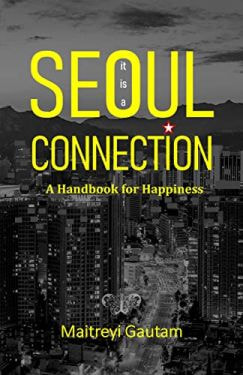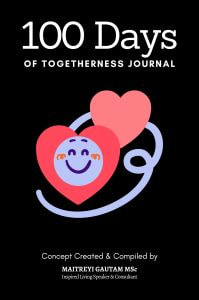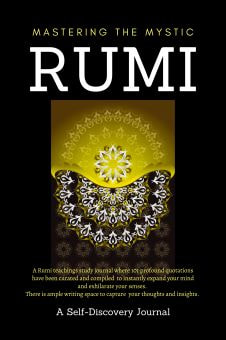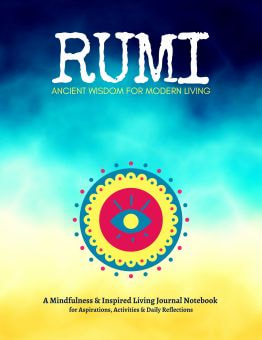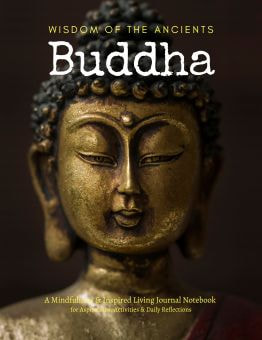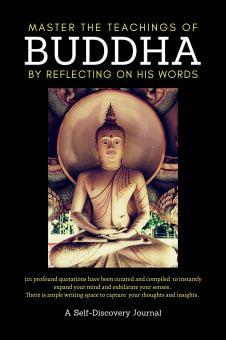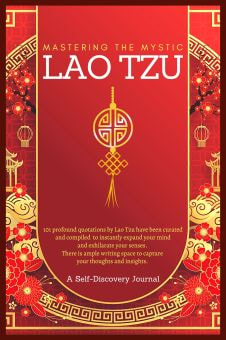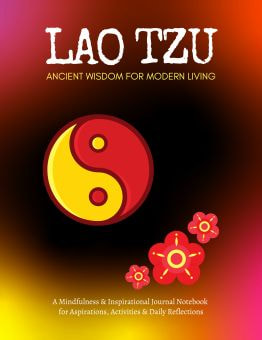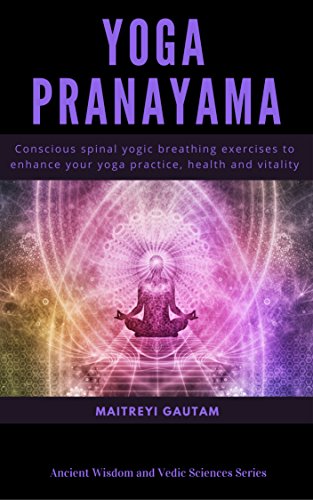The initial step in employing switch words for health and wellbeing is to identify the words that align with your specific health goals. For instance, if you are looking to enhance your physical energy, a switch word like "MOVE" might be appropriate. Alternatively, for general health improvement or healing, words like "HEAL" or "RESTORE" can be powerful. The effectiveness of these words lies in their ability to encapsulate a desired state of health or wellbeing succinctly and powerfully.
Once you have selected the relevant switch words, the next step is to integrate them into your daily routine. This can be done in various ways, such as repeating them aloud, writing them down, or silently meditating on them. The goal is to focus on these words regularly, allowing their essence to resonate within your body and mind. As you repeat these words, visualize the health and wellbeing you aim to achieve, and imagine the words working to bring about this state.
Consistency is vital in the practice of using switch words for health and wellbeing. Regular use helps to reinforce the words' impact on your subconscious mind, gradually aligning your mental and physical states with the desired outcome. It is akin to planting seeds in fertile soil; the more you nurture them with attention and repetition, the stronger and more effective they grow.
In addition to the use of switch words, it is essential to maintain a holistic approach to health and wellbeing. This includes a balanced diet, regular physical activity, adequate rest, and stress management techniques. Switch words should not be seen as a replacement for medical advice or healthy lifestyle choices but rather as a complementary tool that enhances and supports these practices.
Finally, approaching switch words with an open mind and a positive expectation can significantly enhance their effectiveness. Belief in their potential, combined with a commitment to overall health and wellbeing, sets a powerful foundation for the words to work.
In summary, using switch words for health and wellbeing involves selecting words that resonate with your health goals, consistently incorporating them into your daily routine, and combining them with a holistic approach to health. This practice requires consistency, belief in the power of the words, and a commitment to maintaining a healthy lifestyle. By doing so, switch words can become a valuable tool in your journey towards improved health and overall wellbeing.


